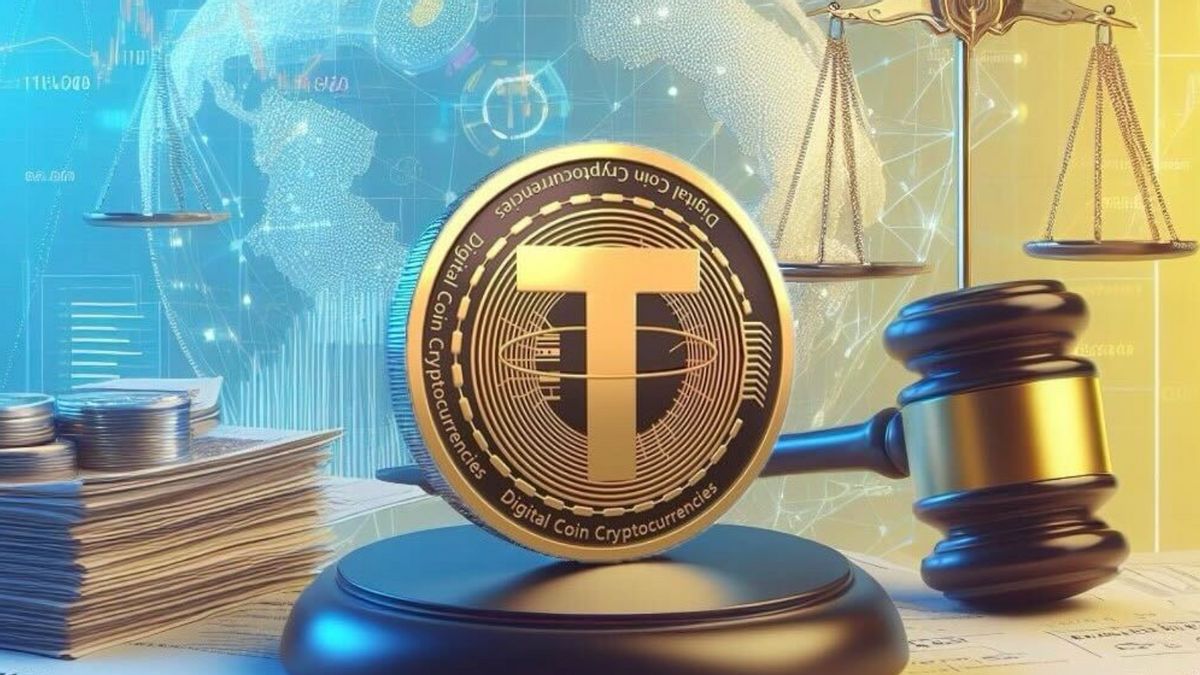JAKARTA - A series of kidnappings targeting foreign executives rocked the Philippines, where kidnappers demanded ransom in crypto, USDT. This incident highlights a worrying trend in which criminals use digital assets to seek ransom.
According to CCN information, on June 20, Xia Kefu, a 39-year-old marketing director of Suzhou Runmed Medical Technology, and Sun Jing, a 45-year-old Chinese-American businessman, traveled to the Philippines after being invited to participate in a business venture. However, their journey soon turned into a nightmare.
According to local Chinese sources, on June 21, the families of the two victims received a call from the kidnappers demanding that they collect 15 million yuan, about 2 million US Dollars (equivalent to Rp33 billion), convert it to USDT, and transfer it to a designated account. In their despair, the victim's family tried to negotiate with the kidnappers and travel to the Philippines.
Despite paying a ransom of 6 million pesos, about 109,000 US Dollars (equivalent to Rp1.7 billion), tragic fate befell the family on June 27 when police confirmed that the two men were found dead near Manila.
SEE ALSO:
Kefu and Jing's tragic fate is not an isolated incident. Local reports reveal similar cases where two foreign executives from the medical device industry were also kidnapped. Like previous victims, Li Jia, a Chinese executive, and her Austrian-China friend Zhao Dong were also invited to the Philippines on business matters. Tragically, they suffered the same fate as Kefu and Jing.
They were kidnapped, and the kidnappers demanded a ransom of 10 million pesos (approximately 182,000 US Dollars or equivalent to Rp2.9 Billion), of which 6 million pesos (approximately 109,000 US Dollars or equivalent to Rp1.7 billion) were paid in USDT. Even though the ransom had been paid, the victims were still killed.
The Chinese Embassy in the Philippines moved quickly, in collaboration with the Philippine and police Antikidnapping group. On July 2, 2024, in a regular press conference, Mao Ning, a spokesman for China's Foreign Ministry, stressed the urgency to step up protection measures for Chinese citizens in collaboration with the embassy in Manila.
In China, USDT and other crypto assets are prohibited. This ban is part of the country's efforts to reduce financial risks and control its financial system. This adds to the complexity of tracking crypto transactions and implementing law enforcement.
Crypto assets that cannot be tracked by authorities pose a complicated challenge for law enforcement in tracking ransom payments. This situation is exacerbated by China's strict ban on crypto assets, which further complicates efforts to track down the transaction.
The English, Chinese, Japanese, Arabic, and French versions are automatically generated by the AI. So there may still be inaccuracies in translating, please always see Indonesian as our main language. (system supported by DigitalSiber.id)










